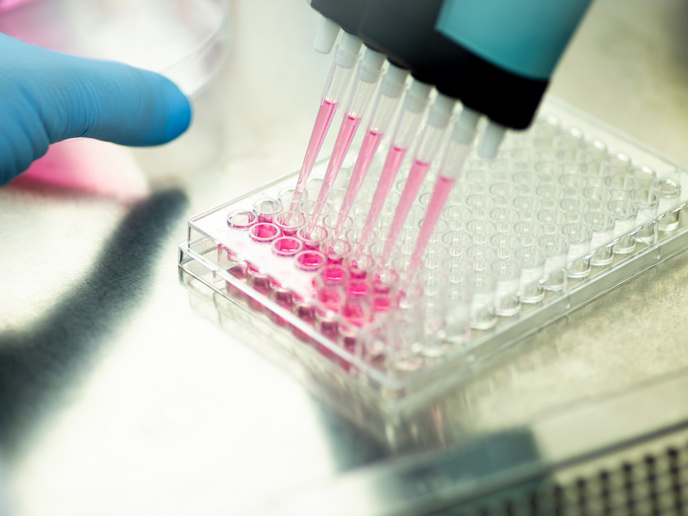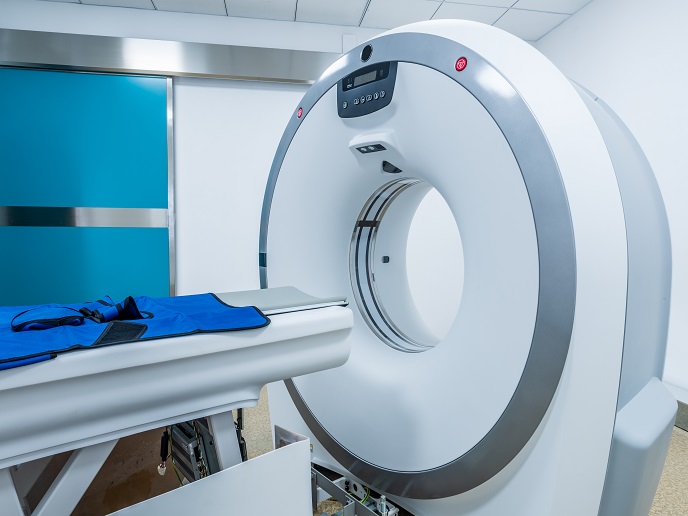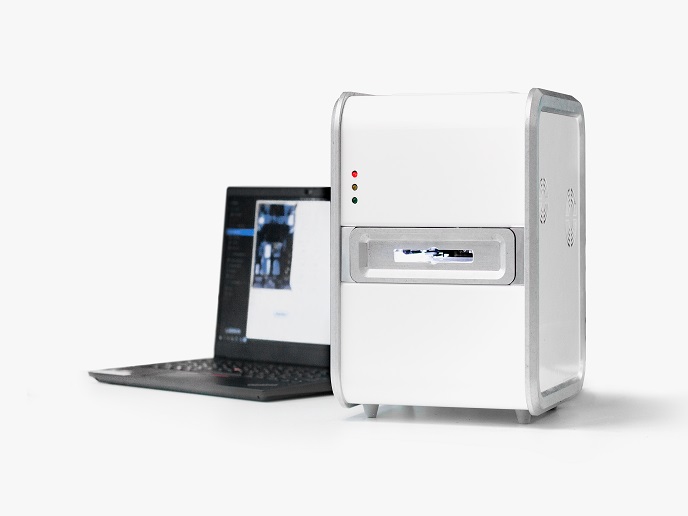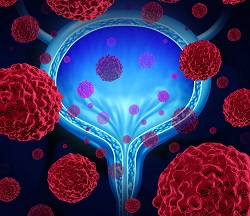Biosensors monitor the critically ill
The shock state is characterised by a major disruption of metabolic regulation, triggered by tissue hypoxia; a deficiency of oxygen. The development of biosensors that can continuously monitor these metabolic changes in tissues would enable the condition of critically ill patients to be accurately assessed. In this project, biosensors for lactate and interrelated intermediary metabolites such as pyruvate, glucose and glutamate have been developed which will enable a quantitative and predictive assessment of patient condition to be given. The biosensors utilise a range of microfabricated and miniaturised implantable sensors capable of in vivo or ex vivo monitoring. Critical to this development has been new and modified enzyme and polymeric membrane barriers to enable direct metabolite measurement with minimal sample manipulation. This technological advance has enabled sensor integration with a novel tissue access technique, the Open Microflow technique. This procedure involves tissue being hydrated with pumpless flow of fluid, improving the in vivo performance of the biosensor. The research has also provided new insights into the shock state.







